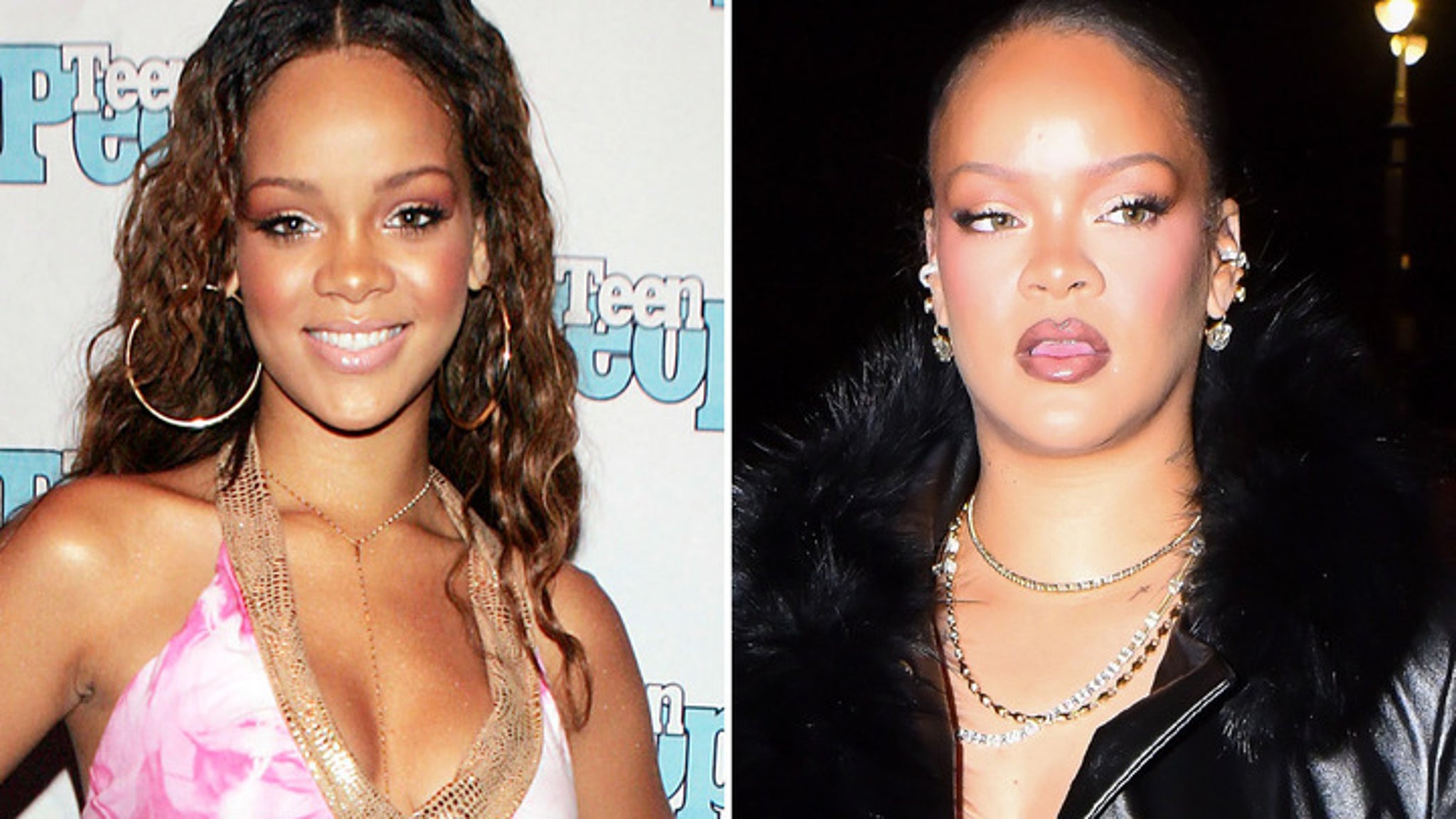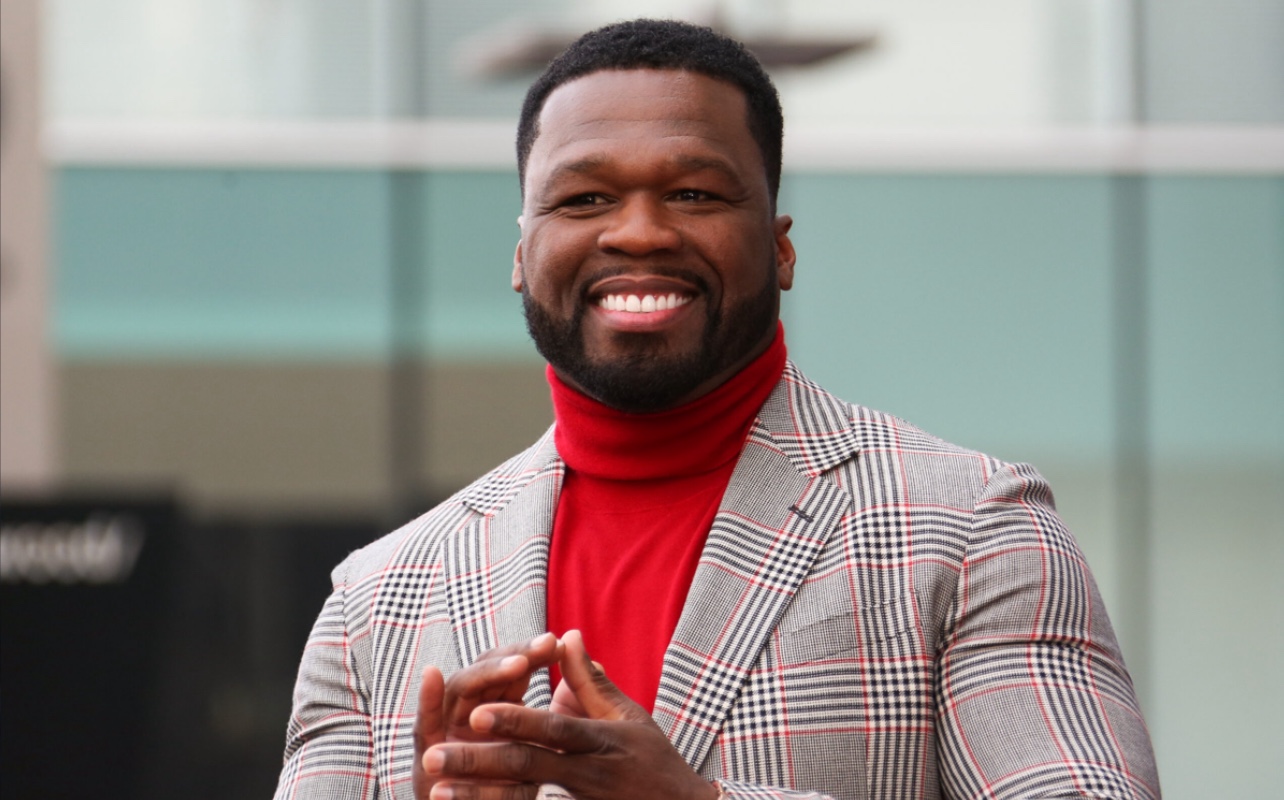
by Atiya Jordan
December 30, 2023
Kujichagulia encourages us to “define ourselves, name ourselves, create for ourselves and speak for ourselves.”
Traditionally, on Dec. 27, families all over the world are lighting the first red candle on the kinara with the second principle of Kwanzaa in mind: Kujichagulia or self-determination. “Who am I, am I really who I am, and am I all I ought to be?” These questions challenge us to “define ourselves, name ourselves, create for ourselves and speak for ourselves,” according to the official Kwanzaa website.
This is consistent with current agendas of Black organizations such as Black Lives Matter, Black Youth Project 100, Afrikan Black Coalition, Black Alliance for Just Immigration, and Institute of the Black World 21st Century.
Starting from the era of slavery and segregation, the majority of Black Americans still do not have meaningful access to political, economic, and cultural resources of the country. Although past Black movements have introduced ideas of self-determination, personal identity and intra-racial connections, the struggle for cultural identity and multicultural democracy has not yet reach its desired goals.
The three ideological movements that reconnected African Americans to Africa and promoted self-determination were Garveyism, the Harlem Renaissance, and Pan-Africanism. But many historical accounts claim objectives of cultural self-determination and fundamentally transforming Black America were not successful. As we celebrate Kwanzaa, BLACK ENTERPRISE encourages you to learn from the past struggle and leaders in order to incorporate the best practices in the future pursuits of self-determination, economic development, and multicultural democracy. Here are four trailblazing Black movements and organizations that highlight Kwanzaa’s theme of freedom, justice and peace.
Nation of Islam (1930-1975)
The history of Muslims in America dates back 400 years with the arrival of enslaved Africans. The Nation of Islam emerged into an Islamic and Black nationalist movement founded in Detroit, Michigan by Wallace D. Fard Muhammad in 1930. The movement’s educational and economic programs also appealed to the Black masses in the 1950s and 1960s. The programs fostered creativity and a spirit of resilience in building institutions and overcoming social disparities at the time —including drug and alcohol abuse, teen pregnancy, crime, poverty, and high unemployment. Although Malcolm X, and other prominent members like Muhammad Ali, left the movement, thousands of students each year learn about the group from Malcolm X’s “Autobiography,” originally published in 1965.
Organization of African American Unity (OAAU) (1964-1965)
Due to his militant views, Malcom X was expelled from the Nation of Islam and later formed OAAU in 1964 Harlem. The organization consisted of all independent African states who had agreed to collaborate their efforts toward eliminating Africa colonialism and all oppression and exploitation being suffered by African people. They worked to bring complete independence to the people of African descent in the Western Hemisphere, and first in the United States. Malcom X declared OAAU’s motto in his 1964 speech: “We want freedom by any means necessary. We want justice by any means necessary. We want equality by any means necessary.”

The Civil Rights Movement (1954 to 1968)
By 1966, thousands of African Americans participated in nonviolent protesting against racial segregation and demanded equal rights under the law. A series of seven marches, boycotts, and sit-ins led by civil rights leaders and activists empowered the agenda of the Civil Rights Movement, including the 1966 March of Fear. Three major civil rights leaders were Martin Luther King, Jr. of the Southern Christian Leadership Conference (SCLC), Stokely Carmichael of the Student Nonviolent Coordinating Committee (SNCC) and Floyd McKissick of the Congress of Racial Equality (CORE).
The Black Power Movement (1966–1980s)
The Black Power Movement’s mission was to redefine Black cultural identity, liberate Blacks from the racial caste system, and to create social transformation in the Black community. For example, The Black Panther Party, a revolutionary organization with an ideology of Black nationalism, socialism, and armed self-defense, was founded by Huey P. Netwon in 1966. The group developed the 10-point program that same year and facilitated demands for political power, self-determination, full employment, better education, housing, food, social justice to end police brutality and unfair trial, and economic development.

Written October 15, 1966
In the spirit of Sankofa, an African word from the Akan tribe in Ghana, “it is not taboo to fetch what is at risk of being left behind.”
“Heri za Kwanzaa.Happy Kwanzaa”.







